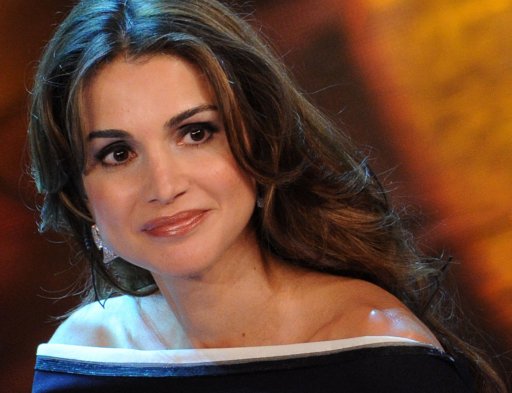"It's absolutely crucial for us to look for legal alternatives and more safe and effective pathways to Europe and areas of safety," she said on the Greek island of Lesbos, the focal point of Europe's greatest migration challenge since World War II.
Under the EU-Turkey deal which went into force on March 20, all migrants whose asylum claims are rejected will be sent back to Turkey.
More than 320 people have been expelled so far, most of them Pakistanis, in expulsions which aid agencies such as Human Rights Watch have described as "abusive", raising questions about the fate of the deportees in Turkey.
Syrian refugees constitute ten percent of the population in Jordan, which counts a refugee camp as its fourth largest "city".
In comparison, wealthy Western countries have pledged fewer than 130,000 resettlement spots, and only around 67,100 people -- a mere 1.39 percent of the refugees -- have made it to their final destinations since 2013, British charity Oxfam said last month.
And last month's closure of borders along the Balkan migrant route has also sparked fears that more asylum-seekers will attempt the dangerous Mediterranean crossing to Italy.
Around 53,000 people, many fleeing the war in Syria, are now stranded in Greece, including some 46,000 who arrived before the deal took effect.
"This is an exceptional crisis and requires an exceptional response," Queen Rania said, adding: "Greece...can't be the last stop for these refugees."
She also called for more international support to humanitarian agencies such as the International Rescue Committee and the UN refugee agency UNHCR, who have been instrumental in providing refugees and migrants in Greek camps with food, water and shelter.
"Just being here today made me realise how over-stretched and under-resourced they are," she said.
Rania al-Yassin is a Kuwaiti-born Palestinian who holds a degree in business administration from the American University in Cairo.
She is a well-known advocate of causes such as education, health and women's rights.
------------------------------------------------------------------------------------------------------------
Under the EU-Turkey deal which went into force on March 20, all migrants whose asylum claims are rejected will be sent back to Turkey.
More than 320 people have been expelled so far, most of them Pakistanis, in expulsions which aid agencies such as Human Rights Watch have described as "abusive", raising questions about the fate of the deportees in Turkey.
Syrian refugees constitute ten percent of the population in Jordan, which counts a refugee camp as its fourth largest "city".
In comparison, wealthy Western countries have pledged fewer than 130,000 resettlement spots, and only around 67,100 people -- a mere 1.39 percent of the refugees -- have made it to their final destinations since 2013, British charity Oxfam said last month.
And last month's closure of borders along the Balkan migrant route has also sparked fears that more asylum-seekers will attempt the dangerous Mediterranean crossing to Italy.
Around 53,000 people, many fleeing the war in Syria, are now stranded in Greece, including some 46,000 who arrived before the deal took effect.
"This is an exceptional crisis and requires an exceptional response," Queen Rania said, adding: "Greece...can't be the last stop for these refugees."
She also called for more international support to humanitarian agencies such as the International Rescue Committee and the UN refugee agency UNHCR, who have been instrumental in providing refugees and migrants in Greek camps with food, water and shelter.
"Just being here today made me realise how over-stretched and under-resourced they are," she said.
Rania al-Yassin is a Kuwaiti-born Palestinian who holds a degree in business administration from the American University in Cairo.
She is a well-known advocate of causes such as education, health and women's rights.
------------------------------------------------------------------------------------------------------------









 Home
Home Politics
Politics











